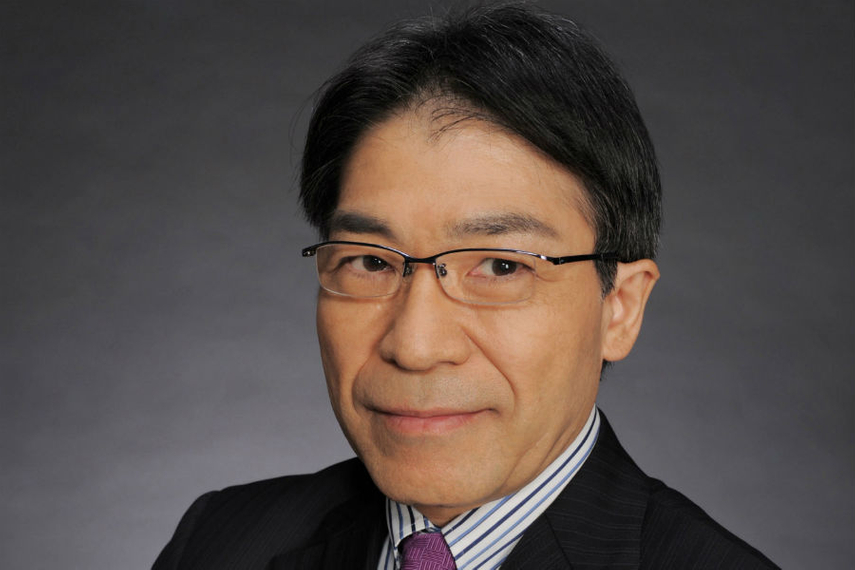
As part of a post-Rio series looking at sponsor activity and strategy for the Tokyo 2020 Olympics, we spoke to Kyohei Noguchi, head of marketing at Lixil shortly after returning from the action in Brazil. The housing and building materials specialist is a Gold Partner of Tokyo 2020. Noguchi, who spent the bulk of his career at Nissan, believes sports marketing is still undeveloped in Japan and that sponsors need to contribute something meaningful and experiential—not just flood the market with their products and messaging. The company currently sponsors a wide range of sports properties including the tennis champion Kei Nishikori, whom Noguchi says has proved important in reaching a female audience.
What is Lixil’s approach to sports properties?
We concentrate on three aspects: brand enhancement, sales promotions and employee engagement. Right now we sponsor a huge variety of sports, but some are likely to contribute much more than others so we need to assess that. Our metrics around contribution to brand enhancement are not mature, but we have found that favourability is higher among people who know about Lixil’s sports sponsorship. Our products are not something you purchase daily, so we need to keep a positive connection and engagement with people during non-purchase times. We use the line ‘Feel the moment’ for sports marketing. We’d like to convey the same sense that people feel when renovating a property. Some people might say you can do the same thing with mass advertising, but sports marketing is more direct and more of a ‘life’ platform.
How are you preparing for 2020?
A lot of sponsors activate on a two-yearly basis, but if we’re going to try and do something to really influence society, we have to leave much more time to prepare than two years.
We’ve just begun to study how to leverage our sponsorship—that’s why I visited Rio, to see what other sponsors are doing. Basically, in sponsoring the Tokyo Olympics, we want to contribute to a ‘universal society’. That’s a strong reason to sponsor not just the Olympics but also the Paralympics. Thinking about how to help disabled people is a surface issue. Our thinking is not to look at disabled people separately, but as part of one society.
If we were to just provide product solutions, we wouldn’t need to sponsor the Olympics. The purpose of activation [around a sponsorship] is to generate sympathy for the mindset of ‘universal society’ and ‘universal design’. So we want to bring a message to the market that is not just about our products.
How do you derive maximum value from a sponsorship?
Just putting our name out there may have some effect on the level of recognition for consumers, but it doesn’t create a strong belief in the Lixil brand. So we try to give people more of an experience that they can share and that will somehow make the world or their life better. [For the Olympics] I don’t yet know what solutions we can bring, so that’s something to discuss internally. Our focus will be on Japan, but that can lead to good momentum in other markets. It’s a chance for us to educate foreign guests.
During the games, there is no space for people to think about sponsors’ companies, products or business. That’s why we need to think about where or how we can communicate with visitors. The most important time is before and after—the legacy that we leave. So we should make a complete story, definitely not just thinking about the games period. We also have to give proof in order to make the message credible.
As a sponsor in this day and age, do you think it’s still worth spending lots of money on TV?
Mass media still has wide reach but social channels have more potential to generate engagement. We have a sports marketing channel on Facebook, but in four years digital platforms will have expanded or improved. So when you consider that, we should look at digital much more than we are now. Digital is definitely the focus, and also the live space, since our products are experience-based.
This article is also available in Japanese: リクシルが見据える、東京2020に向けた新たなスポンサー活動


.jpg&h=334&w=500&q=100&v=20170226&c=1)
.jpg&h=334&w=500&q=100&v=20170226&c=1)


.png&h=334&w=500&q=100&v=20170226&c=1)











.jpg&h=268&w=401&q=100&v=20170226&c=1)
